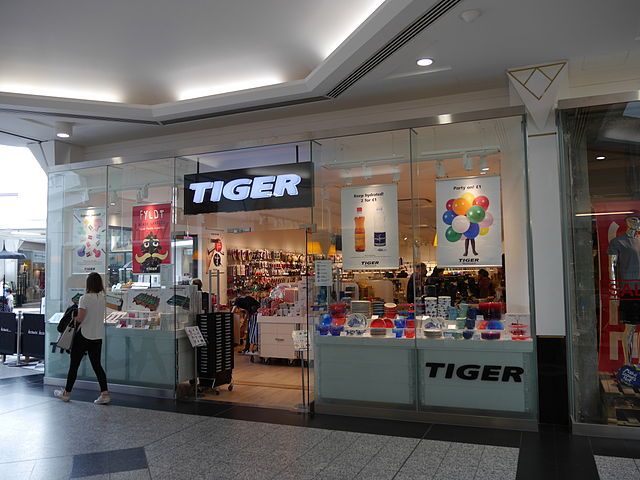The Danish discount retail chain Tiger is planning to open its first stores in Switzerland this year, reports TV2.
According to the Swiss newspaper Tages Anzeiger, the chain’s three or four bargain shops will offer prices comparable to rates in other European countries.
It is launching the shops together with a local partner in a joint venture.
The retail chain sells affordable designer products such as stationery, toys and accessories and currently operates over 500 stores in 27 countries.
Tiger was founded in 1995 by Lennart Lajboschitz, who opened the first store in Islands Brygge in Copenhagen.
In 2012, a 70 percent share in the company was acquired by EQT Partners via Zebra.















